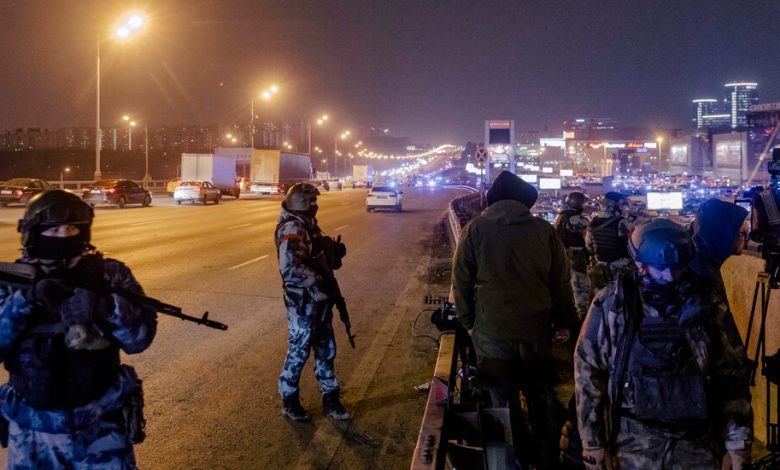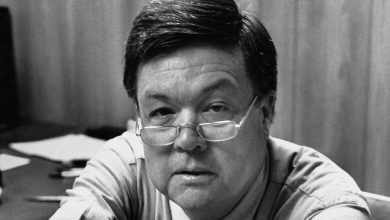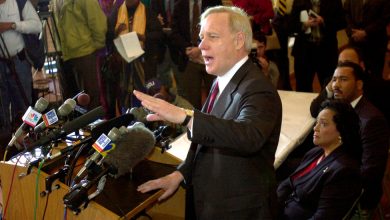Why Russia’s Vast Security Services Fell Short on Deadly Attack

A day before the U.S. embassy in Moscow put out a rare public alert this month about a possible extremist attack at a Russian concert venue, the local C.I.A. station delivered a private warning to Russian officials that included at least one additional detail: The plot in question involved an offshoot of the Islamic State known as ISIS-K.
American intelligence had been tracking the group closely and believed the threat credible. Within days, however, President Vladimir V. Putin was disparaging the warnings, calling them “outright blackmail” and attempts to “intimidate and destabilize our society.”
Three days after he spoke, gunmen stormed Crocus City Hall outside Moscow last Friday night and killed at least 143 people in the deadliest attack in Russia in nearly two decades. ISIS quickly claimed responsibility for the massacre with statements, a photo and a propaganda video.
What made the security lapse particularly startling was that Russia’s own security establishment had also acknowledged the domestic threat in the days before the massacre posed by the Islamic State affiliate in Afghanistan called Islamic State Khorasan Province, or ISIS-K.
Internal Russian intelligence reporting that most likely circulated at the highest levels of the government warned specifically of the increased likelihood of an attack in Russia by ethnic Tajiks radicalized by ISIS-K, according to information obtained by the Dossier Center, a London research organization, and reviewed by The New York Times.
Russia has identified the four men suspected of carrying out the attack as being from Tajikistan.
Now, Mr. Putin and his lieutenants are pointing fingers at Ukraine, trying to deflect attention from a question that would be front and center in any nation with an independent media and open debate in its politics: How did Russia’s vast intelligence and law enforcement apparatus, despite significant warnings, fail to head off one of the biggest terrorist attacks in the country in Mr. Putin’s nearly quarter century in power?




